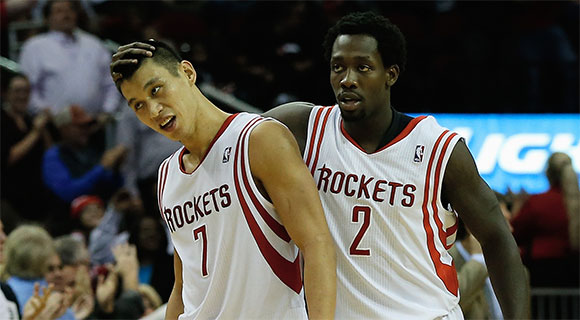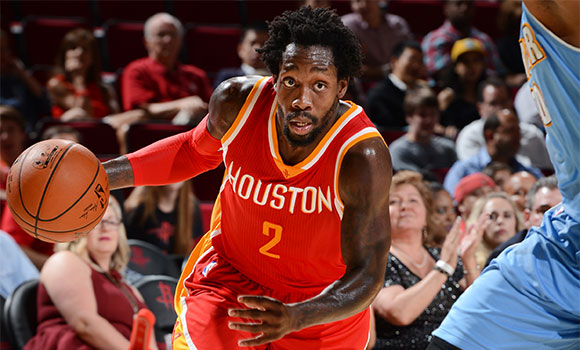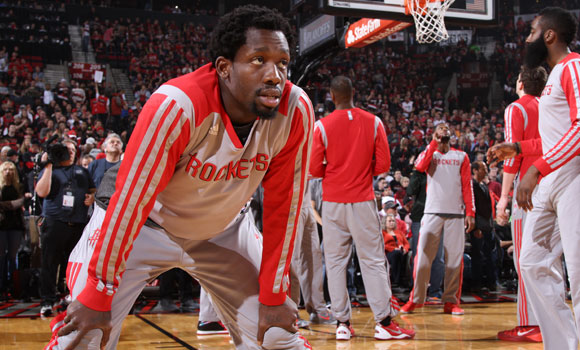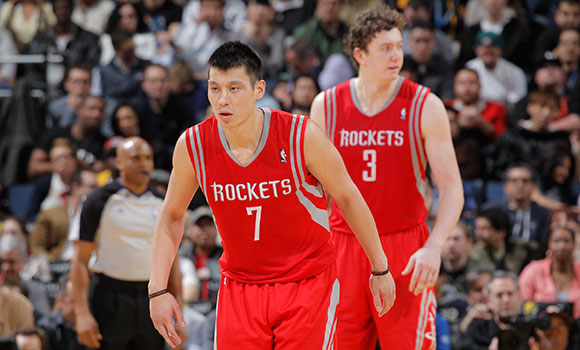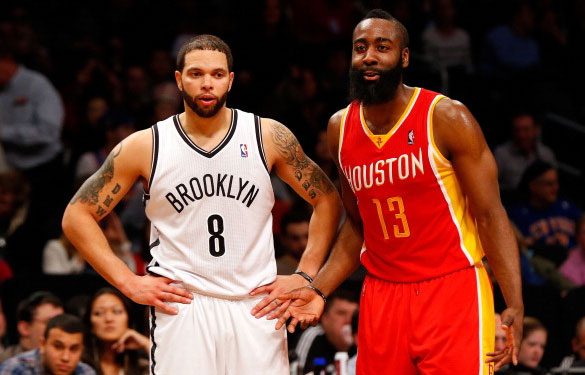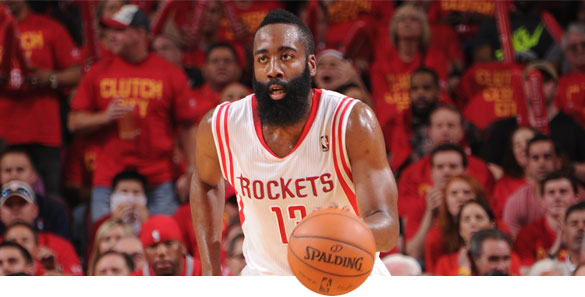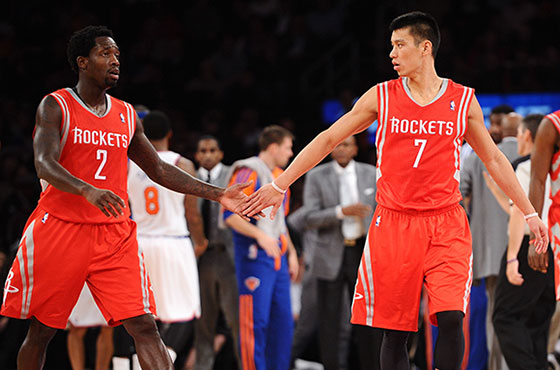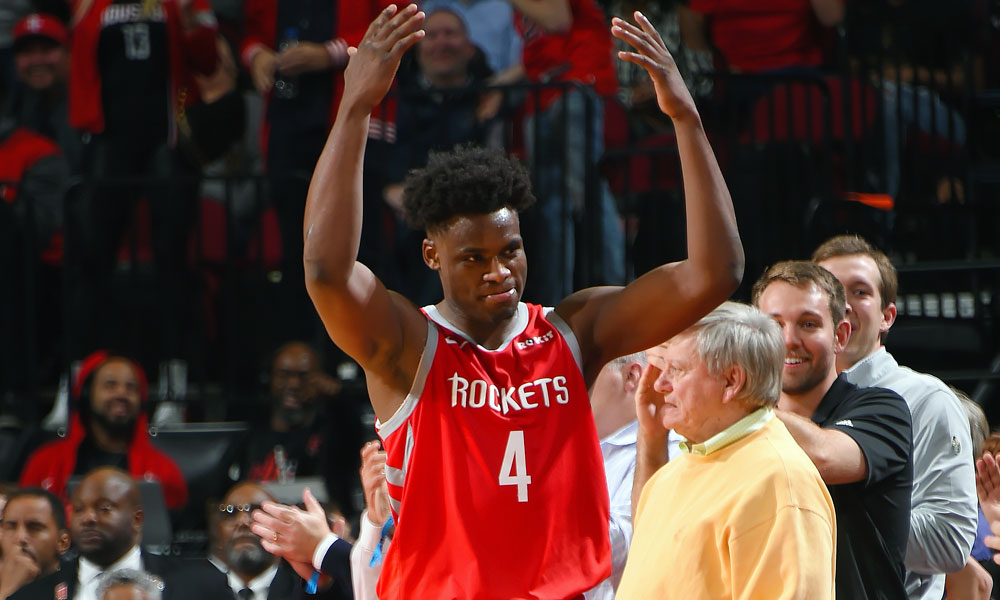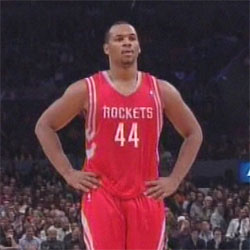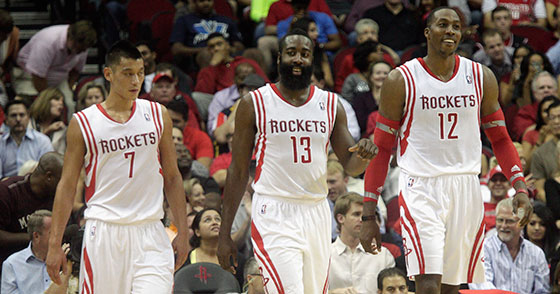
Despite problems showing on both ends of the floor, the Rockets are 4-2 with potential for more
I’m not a big fan of hyperbole in much of anything, least of all sports. Overly simplified explanations for problems or successes are almost always inaccurate when it comes to the intricacies of performance and they almost always create expectations that are unfair of both the performer and the fan.
For the Rockets fan, the diehard who reads ClutchFans and watches every game with great intensity, this generates a kind of duality that is difficult to resolve. In this case it is the macro versus the micro, and both are a problem.
The macro is epitomized by current sports culture as driven by highlight reels. Before ESPN, fans, writers and others only had their personal observations from watching games, box scores and reports from other broadcasters/journalists on which to base their assertions about a player or team. For the most part, they stuck with what they saw, fearing that if they went only by a box score or, for journalists, stories they didn’t write, they might sound like an idiot — at least for those who cared about sounding intelligent.
Today, with highlights splattered across networks and the Internet, and every news outlet, blog and gossip column digging for the tiniest morsel of dirt, everyone is an expert, except they aren’t.
I respect the opinions of some national commentators, but for the most part their narratives are based out of little more than some highlights and a handful of observations. Take LeBron James. For years, he was killed by the national media for not being a winner. He gave up the ball too often in the waning moments — because being unselfish is akin to being soft — and he couldn’t lead. Put him on a loaded Heat team and he wins a title. Now, he’s obviously a winner.
Nevermind the fact that his numbers across the board didn’t change from his time in Cleveland. Nevermind that he still deferred at times in critical situations. Now, he’s one of the true greats because he “learned how to win.” Or maybe he just learned that he needed other winners around him to win. Of course, even that “decision” was met with stultifying scrutiny until he got his ring.
In similar fashion, the collective jaw drop by national media members at Dwight Howard choosing Houston over LA would be comical if it didn’t fit neatly into their narrative about Howard the player. Like LeBron’s exit from Cleveland, Howard was met with derision because he dared to leave the vaunted Lakers. At least with James, the argument was over HOW he exited rather than why. For Howard, the discussion becomes his fear and insecurity when, in truth, he picked a better team if not a more glamorous city. No one argues his game must improve, but the myth that a player must have Kobe-like intensity to win a championship is nonsense. Unfortunately, it is one of the primary driving forces behind the public’s perception of Howard as a player.
On the other end of the spectrum is the dissection of every tiny detail, the micro. I don’t mean intelligent analysis from brilliant minds of the game or even the study of quantitative metrics. For me, the micro is more about scrutiny based on the tiniest detail, the best example which is what I call “camera face.” This is the moment when a person is caught on camera for a few seconds or even a single frame and how fans and pundits extrapolate from there. One smile in the wrong moment — during a bad loss, for example. One glare. One mouthed curse word. That’s all it takes for a player or coach to be judged as soft or mean or uninterested or dispassionate or whatever other negative terms might be applied.
Instead of a rational dialogue about the entirety of a player’s game, we get a wealth of conspiracy theories and conjecture. It is understandable that the average fan would not have the time to study film and take the time to gain insight into how the game is played. It is also reasonable to believe that most people will never have the level of expertise necessary to work in sports. It’s why I cut even seasoned writers slack because, despite devoting a large amount of their lives to the game, much of what they do is report on what they see, not study every nuance and become experts on the motion offense or individual player tendencies.
Yet, there is a great desire it would seem by fans and casual observers to apply a sort of Occam’s Razor approach to sports analysis. If there is a rumor of players bickering in the locker room, the entire team is in turmoil and that two-second shot during the game is proof. It is the same overreaction that causes people to want to bench players after a single game or fire coaches in midseason for a losing streak.
But that kind of fandom is as old as sport itself (people just watched in person before the cameras were beaming hi-def signals into our homes). A newer phenomena is how this information is disseminated and legitimized by the Internet. Just as the web fuels the fires of the ridiculous (conspiracy theories) and the untoward (sex scandals), a single rumor started on a message board can go from outlandish to implausible to possible to a legitimate theory with little or no actual fact to back it up. It’s analysis paralysis spread into the realm of legitimate thought and it can be infuriating.
Years ago, a friend of mine who worked in sports media told me that we will never know what really goes on behind closed doors, in locker rooms, in meeting rooms, in training rooms. That inner sanctum is guarded like Google’s search algorithm or the codes to missile silos. It is sacred to players and coaches because of the privacy it affords them both from gawking fans and the prying eyes of the media. Still, we speculate.
Unfortunately, the whole thing frustrates the hell out of me, not just because the behavior of both ends of the spectrum is annoyingly pervasive, but also because I don’t have the answers either. Maybe Howard is too jovial. Maybe there are rifts between players that are only spoken of in hushed tones behind closed doors. Maybe winning and losing is simple or maybe it is ridiculously complicated. I don’t know.
But, I do know that, despite a really disturbing loss to the Lakers Thursday night, the Rockets are 4-2 and a mess on the floor. That indicates to me they have the talent to beat most teams they should (even Miami lost to Philadelphia already) and will struggle to figure out how to win against good teams, at least for now. They are better than we think and worse than we think too. Truly, we don’t know who they are at this point. It’s too early in the season.
If 30 games from now, the defense still looks out of sync and the offense is stagnant, well, I’ll consider the possibility that Howard hates our point guards or that he smiles too much. Maybe I’ll lend some credence to the critics and bend an ear to the conspiracy theorists. For now at least, I’m just going to enjoy watching some basketball.

